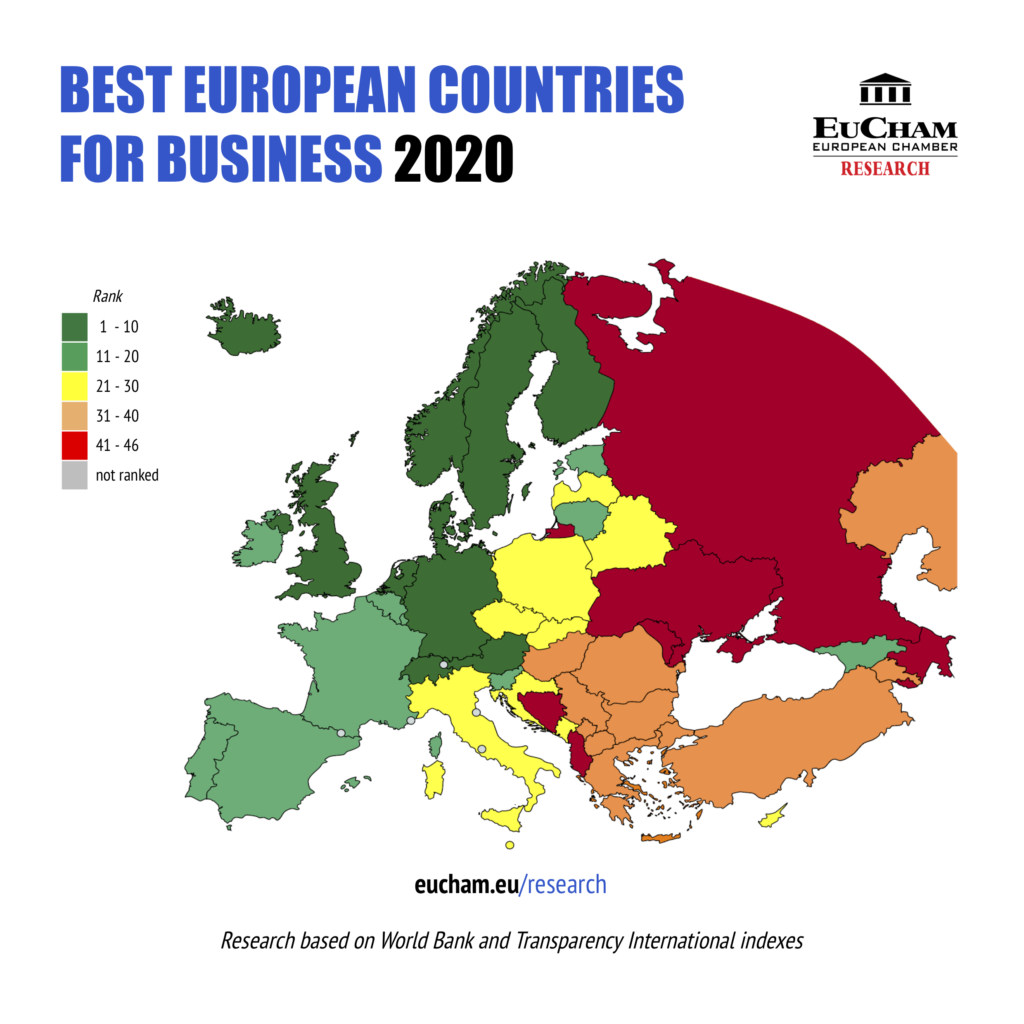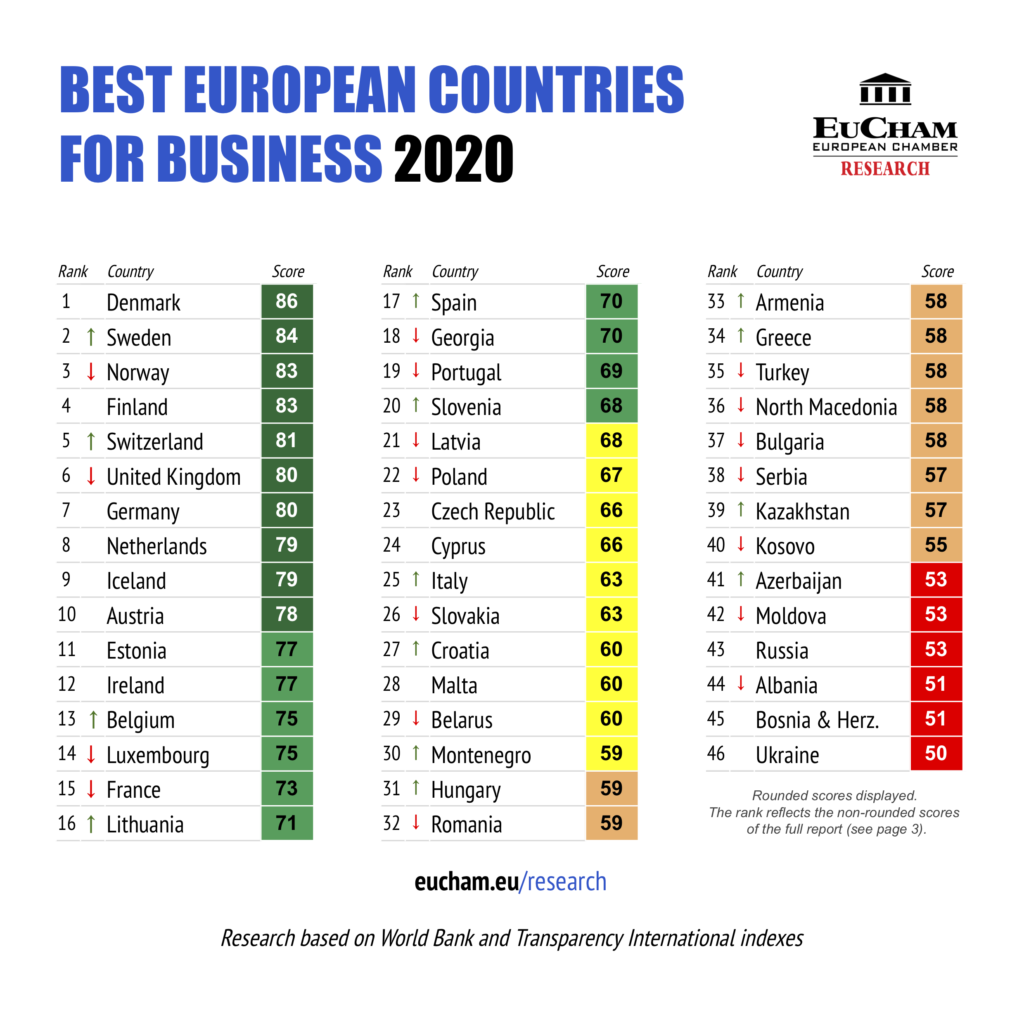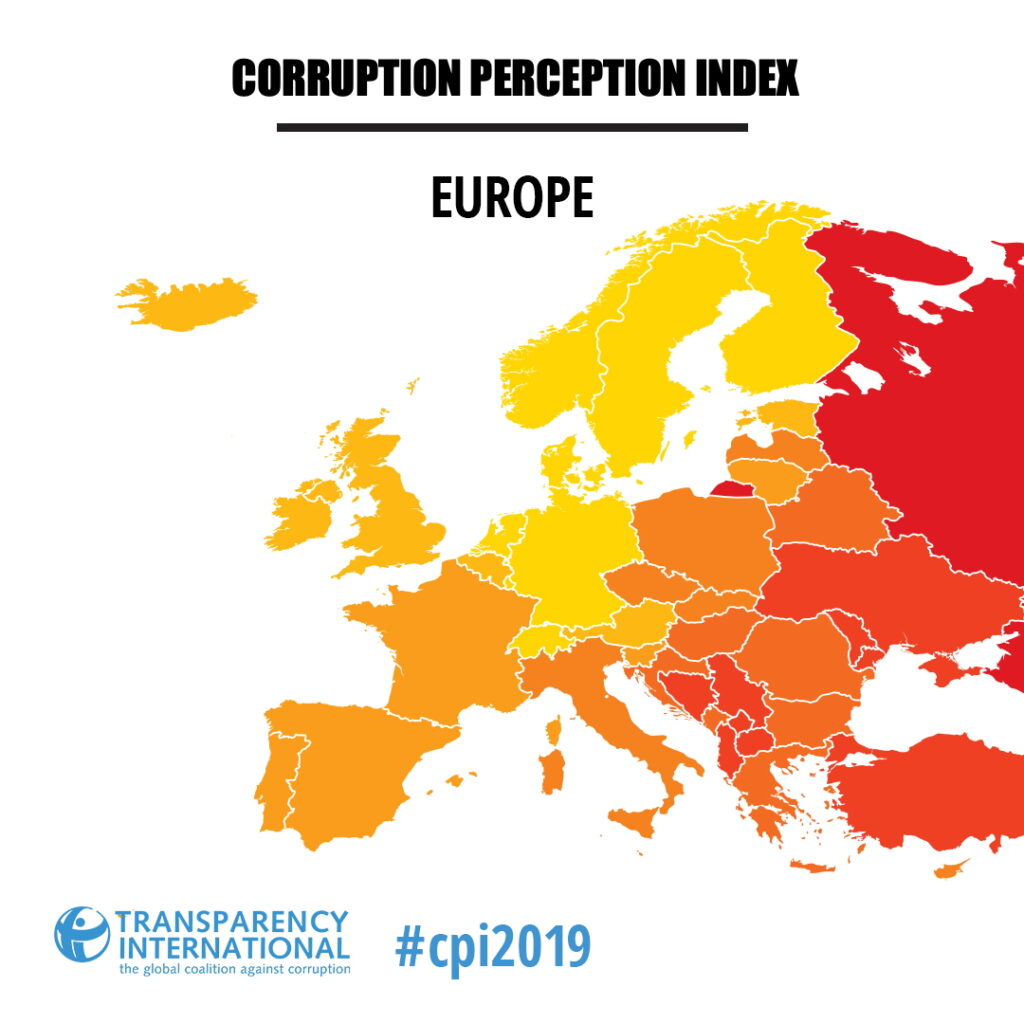World Bank scandal: the European Chamber’s vision mitigates data irregularities
Corruption often impacts economies and governments, but may also affect international organisations
Press release
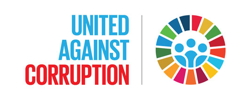
The World Bank felt pressured to halt the publication of the Doing Business research due to irregularities found in the 2018 and 2020 reports. The Financial Times, the Economist, and the Wall Street Journal report that the data of several countries are believed to be “inappropriately altered” in the recent publication.
Since 2003, the World Bank’s annual report has served as one of the most well-known and used tools in objectively measuring the business regulatory environment across 190 economies. Its data has continuously influenced countries to compete and reform their regulations, in order to provide a business climate that is relatively more attractive to businesses.
However, the European Chamber (EuCham), the non-governmental institution dedicated to representing the business community and its ethical side, has long recognised the need to counterbalance customary profit-oriented data with integrity and transparency, thus adding a long-term perspective to its approach. Since 2015, the EuCham has published the Best European Countries for Business (BECB), after recognising that corruption also has important effects on the overall future business risks. This index protects its stakeholders in making informed business decisions through balancing the World Bank’s index with the Corruption Perception Index (CPI) of Transparency International.
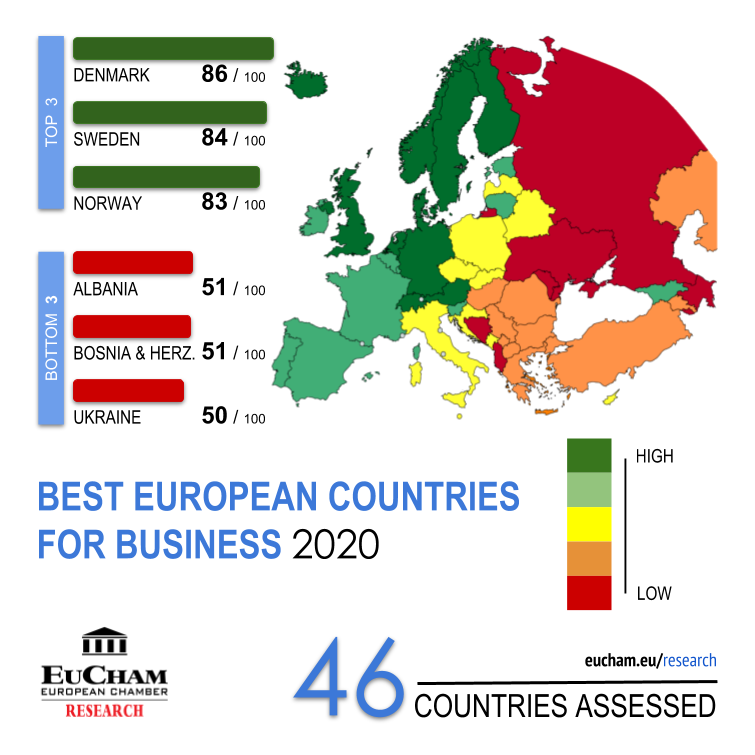
This foresight of EuCham from five years ago has thus enabled it to play a significant role in mitigating the World Bank’s recent data irregularities and providing a more realistic benchmark for European business climate.
For instance, among the 46 European countries included in BECB, the World Bank would project Azerbaijan in the 20th position. Considering integrity and transparency expectations equally as important as the effectiveness of regulations in the assessment of the business environment, the EuCham has found that the World Bank’s ranking is amiss. By taking these factors into consideration in its methodology, the BECB actually finds Azerbaijan in the 41th place out of 46. Although some margin of error is reasonable due to methodological differences, a whopping difference of 21 ranks does invite investigation.
As a response to the irregularities found in the 2020 report, the World Bank says it is conducting a review of data changes for the last five reports and an internal audit of data integrity. Despite these efforts to address the inconsistency of the data with its methodology, some critics even call for an end to the index due to its neglect of other factors.
Given the World Bank index manipulation scandal and the uncertainty about its future, EuCham will now have to reconsider which sources to use for its 2021 research, planned for March 2021.

Articles / Sources
• Financial Times
• Economist
• Bloomberg
• Wall Street Journal
• The Wire
